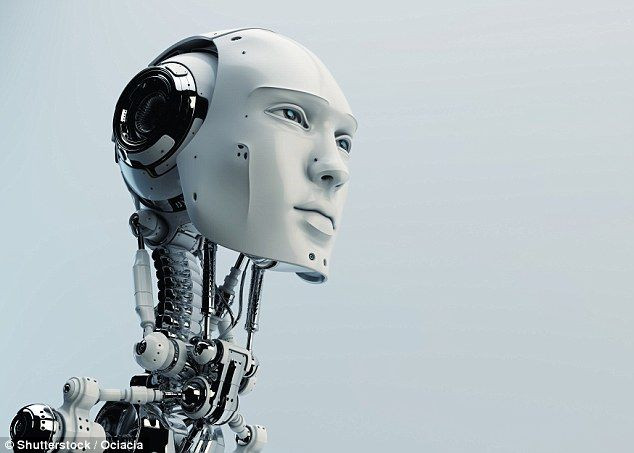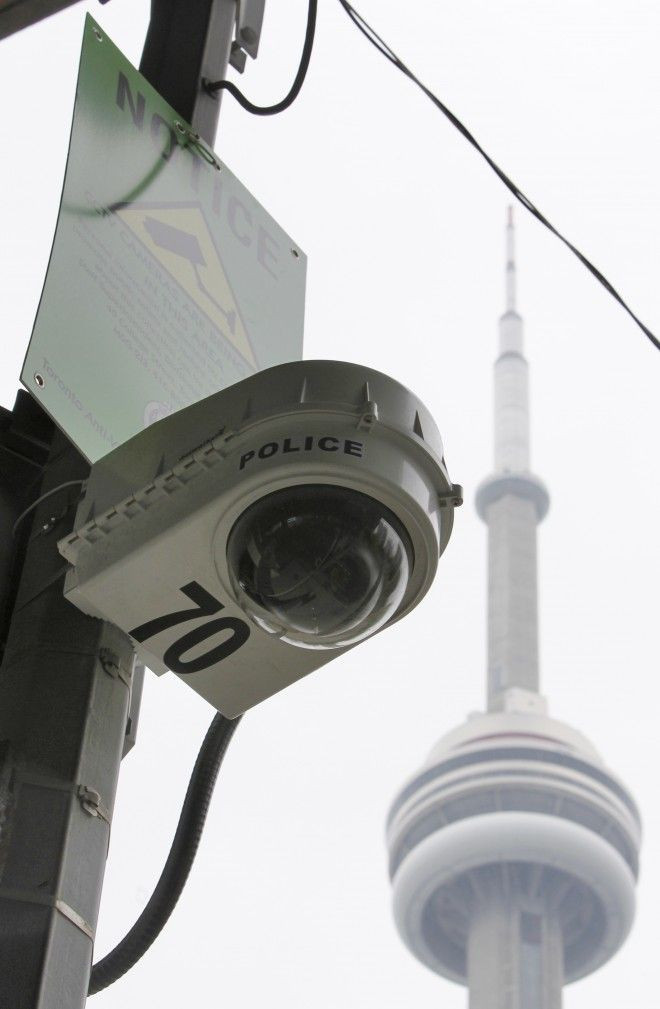Dragon Eye Can Recognize Face Among Billions: Crime Fighter Or Big Brother?

A Shanghai company has claimed to have developed an AI that can recognize a face among at least two billion people in a matter of seconds.
Yitu’s AI algorithm Dragon Eye not only recognizes faces but with a network of connected cameras can plot the movement of their owners.
“Our machines can very easily recognize you among at least two billion people in a matter of seconds,” says chief executive and Yitu co-founder Zhu Long, “which would have been unbelievable just three years ago.”
As of now, the Dragon Eye platform has around 1.8 billion photographs to work with: those logged in China’s national database and those who have ever entered through its borders.
Talking to the South China Morning Post, Zhu said the objective of the algorithm is to make the world a much safer place by curbing crime.
Zhu’s point is illustrated by the working of the system on its first day of operation in the Shanghai Metro in January.
The AI identified a wanted man as he was entering a station. After matching his face in the database, his movement was plotted and an arrest made.
Around 567 suspected lawbreakers were caught on the city’s underground network in the next three months.
“Let’s say that we live in Shanghai, a city of 24 million people. It’s challenging for the government to police such a large population. And it would be impossible without technology. Even when we have many cameras installed, it’s a hard task. You can’t watch all the videos, and doing a search is very time- consuming and requires too many resources to get meaningful results from such a huge amount of data,” he said. “But artificial intelligence can do it easily, and by using existing infrastructure.”

Apart from Shanghai, Yitu said Dragon Eye is in service with more than 20 provincial public security departments and is used as part of more than 150 municipal public security systems across China.
Wherever the system has been installed has seen a fall in crime, Yitu claims.
However, given the track record of the Chinese government in cracking down on dissenters and curbing freedom of expression, human rights advocates are viewing the technology as less of a crime-fighting tool and more of a message that “Big Brother is watching you.”
Research and advocacy group Human Rights Watch (HRW) says security systems such as Dragon eye “is designed to track and predict the activities of activists, dissidents and ethnic minorities, including those authorities say have extreme thoughts, among others”.
“Chinese authorities are collecting and centralizing ever more information about hundreds of millions of ordinary people, identifying persons who deviate from what they determine to be ‘normal thought’ and then surveilling them,” said Sophie Richardson, China director at HRW, SCMP reported.
Richardson called on Beijing to cease the collection of big data “until China has meaningful privacy rights and an accountable police force."
The opposition to such technologies has come not just from privacy advocates, but also from those at the forefront of advancement in AI technology, who believe that its a threat to humanity itself.
Tesla founder Elon Musk during the US National Governors Association meeting in July said: “I have exposure to the very cutting edge AI, and I think people should be really concerned about it. I keep sounding the alarm bell but, until people see robots going down the street killing people, they don’t know how to react, because it seems so ethereal."
© Copyright IBTimes 2024. All rights reserved.





















